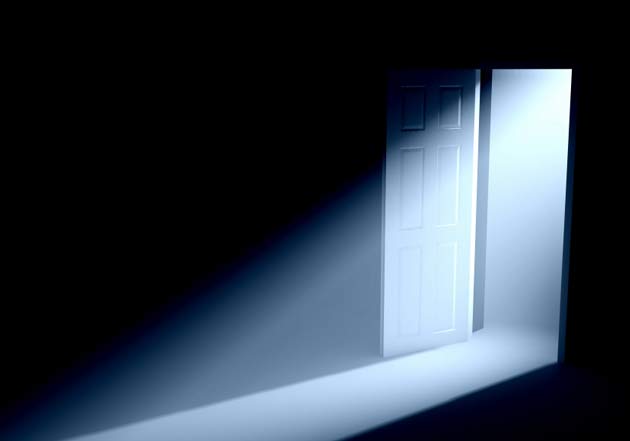The Reality of Reincarnation

Is each of us inhabited by a soul that has lived previous lives earlier in history? It's a fascinating idea, and one that many people believe, including actress Shirley MacLaine and the Dalai Lama (himself the fourteenth incarnation of a Buddhist Master).
As one might imagine, scientifically proving that a person lived before being born is no easy task. Good evidence might come in the form of unique details and information about their past lives that no one else knows. Even better would be information that solves disappearances: For example, if a person claims to have been Amelia Earhart or Jimmy Hoffa (or, years from now, Natalee Holloway) in a previous life, they could presumably clear up the mysteries surrounding their fates.
Though millions of people believe in reincarnation, very few actually claim to have memories of past lives. Usually such recollections emerge during a controversial (and largely discredited) psychotherapy technique called "past life regression."
In fact, that's how the "best case" for reincarnation came about.
Bridey Murphy
The most celebrated case of a person claiming to have lived a past life is that of Bridey Murphy. Bridey was a 19th century Irishwoman that Colorado woman Virginia Tighe claimed to have been in a previous life.
Tighe's amazing claim came about in 1952 during a session with an amateur hypnotist named Morey Bernstein. Under hypnosis — and through an Irish accent — Tighe related memories of her previous existence in the early 1800s in Cork, Ireland, including being born on Dec. 20, 1789, her life and marriage, and death in 1864.
Get the world’s most fascinating discoveries delivered straight to your inbox.
At first glance, Tighe's story seemed very compelling. She had never been to Ireland and presumably could not have known many of the details she remembered except by having lived them a century earlier. Bernstein wrote a best-selling book about the case, and Bridey Murphy became a worldwide sensation.
A closer look
The story of Bridey Murphy began to collapse when investigative journalists went to Ireland to verify her story.
While a few general statements were proven true, the researchers found virtually no evidence for the vast majority of Tighe's "memories." There were no records of a Bridey Murphy who had been born or died on those dates; the people Tighe said she encountered as Bridey Murphy never existed, including her husband. And so on.
It seems that Bernstein and his publishers, in their rush to exploit the case for fame and profit, had neglected to check Bridey Murphy's account against the historical facts. It was later revealed that as a young child Tighe had spent time with an Irish immigrant neighbor (not coincidentally named Bridie Murphy), from whom she likely picked up a few details about Ireland, along with an exposure to an Irish accent.
Few people believe Tighe purposely faked the story; more likely, she simply (and unconsciously) created it using her imagination and scraps of early memories.
Decades of psychological research has demonstrated that people under hypnosis can create realistic, detailed, first-person accounts of events they never experienced. [Scientists have shown that belief in reincarnation is likely tied to memory errors.] The person comes to believe their own fantastic fictions, often under the encouragement of misguided therapists.
The same psychological process helps explain many "eyewitness" alien abduction stories.
Some simple math also throws cold water on the idea of past lives, if each person has a soul or spirit that moves through time between generations and centuries. The best estimate is that there are currently nearly 7 billion people on earth, yet around 1800 there were fewer than 1 billion living people. Where did the "new" 6 billion souls come from during the past 200 years? Did people during our great-great grandfathers' time each have six souls inside them? (And, of course, if people's memories of past lives are accurate, it's puzzling how more than one person can claim to have been famous figures like Jesus, Marilyn Monroe, and Napoleon.)
If the "best case" for reincarnation falls apart under close examination, it seems unlikely that those of modern houswives claiming to be Joan of Arc or Cleopatra have any better validity. There is a cottage industry surrounding reincarnation; "experts" on the topic sell books, give seminars, and offer "past life regression" to gullible patients. Though it seems that souls come and go, reincarnation stories will always be with us.
- Top 10 Weird Ways We Deal With the Dead
- Near-Death Experiences: What Really Happens?
- Resurrection: A History of Myths
Benjamin Radford is managing editor of the Skeptical Inquirer science magazine. His books, films, and other projects can be found on his website. His Bad Science column appears regularly on LiveScience.



